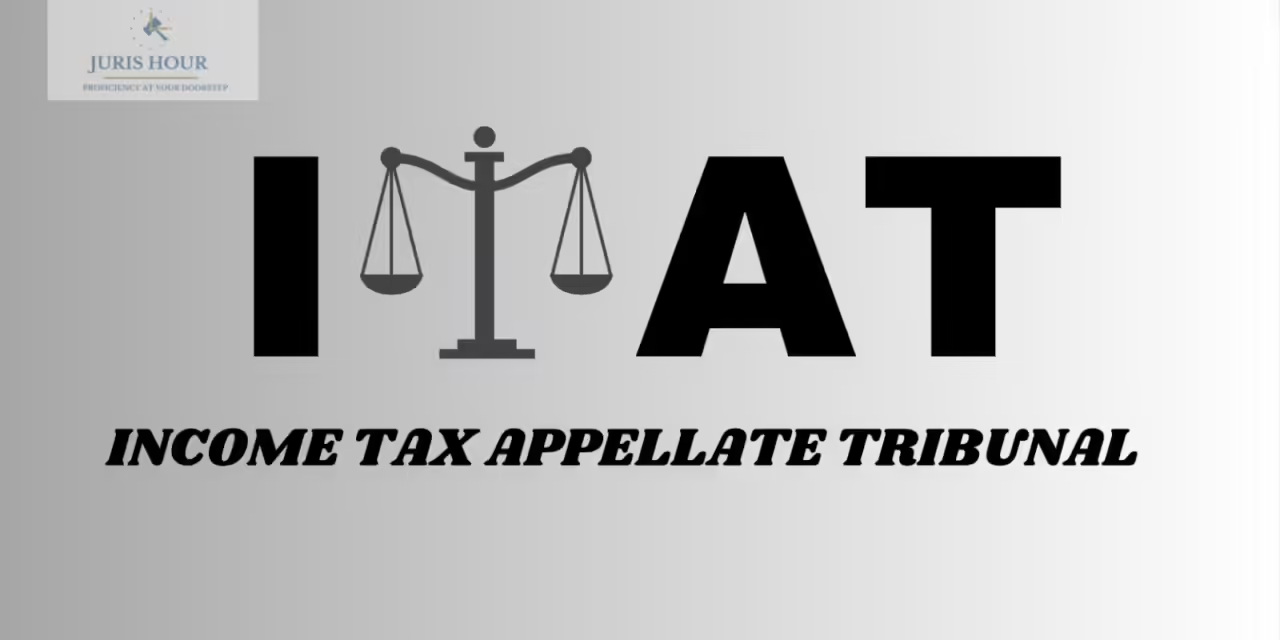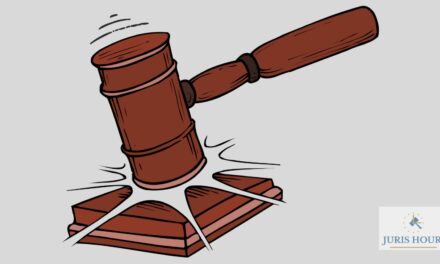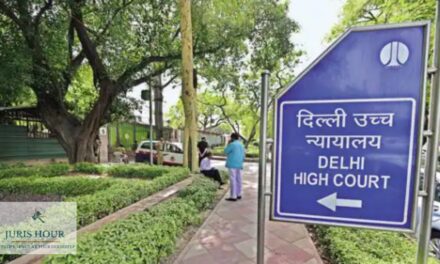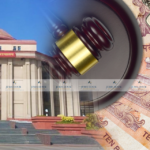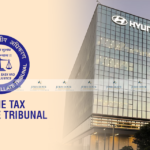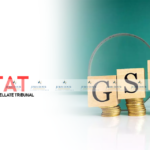The Income Tax Appellate Tribunal, Bangalore, Income Tax Act gives powers to the valuation officer to get details from the assessee in order to ascertain the value of the property.
The bench noted that the AO had issued a request for valuation report from the District Valuation Officer in respect of the cost of construction of the new Hotel Silver Oak International constructed by the assessee during the financial year 2018-19.
It was further noted that the DVO also pursuant to the request had taken steps by issuing notices to the assessee. The assessee had not responded to the notices issued by the DVO and therefore, the DVO without following the procedures contemplated u/s 142A of the Act, had sent a communication to the AO that they are unable to carry out the valuation process and was forced to return the reference u/s 142A of the Act due to non-cooperation of the assessee.
The tribunal observed that the valuation officer is having all the powers that he has u/s 38A of the Wealth Tax Act, 1957 for the purpose of estimating the value of the assets, property or investment.
It was further observed that subsection (5) of section 142A of the Income Tax Act also gave the power to the valuation officer to estimate the value of asset, property or investment to the best of their judgment if the assessee does not cooperate or comply with his directions. Therefore, the statute gives powers to the valuation officer to get details from the assessee in order to ascertain the value of the property and if the assessee had not cooperated with the valuation officer, by furnishing the required details, then the valuation officer has every power to estimate the value to his best judgment assessment.
“Even though assessee has not cooperated with the valuation officer he can make an estimation on his own and it can be sent to the ld. AO for making further proceedings. Therefore, the non-adhering to the procedures contemplated under the provisions of the Act is not a reason for ld. PCIT to invoke the provisions of section 263 of the Act. For the mistake committed by the valuation officer by not sending the valuation report to the ld. AO, we do not find that the ld. PCIT has powers to revise the assessment u/s 263 of the Act on the ground that the assessment is erroneous and prejudicial to the interest of revenue”, the tribunal observed.
The bench held that the assessment order is not an erroneous one since on the date of passing the assessment order, the ld. AO considered all the details and in fact he had sent a reference to the DVO u/s 142A of the Act to send their report in order to make the assessment, which the DVO failed to execute the same.
Facts
the assessee is in the hotel business and he filed the return of income u/s 139(4) of the Act declaring a loss of Rs.48,74,500/-. Based on the survey conducted u/s 133A of the Act, the case of the assessee was selected for scrutiny and during the assessment proceedings, the AO sent a requisition to the District Valuation Officer, Bangalore seeking the report about the cost of construction of Hotel Silver Oak International.
The AO has not received any valuation report from the DVO and therefore, he has completed the assessment u/s 143(3) of the Act.
In the above said order, the AO also mentioned that necessary rectification order would be issued on receipt of the valuation report from the DVO. After passing the order the DVO sent a letter and informed that they were not able to carry out the valuation process and was forced to return the reference u/s 142A of the Act.
The DVO further stated that the assessee had not cooperated with them and therefore, the valuation could not be done by them.
The PCIT issued a notice u/s 263 of the Act in order to adopt correct and fair value of the cost of construction of the new hotel complex since the AO passed the assessment without getting the report from the DVO.
The PCIT concluded that since the same is erroneous and prejudicial to the interest of revenue, he proposed to invoke the powers vested with him u/s 263 of the Act.
The assessee filed his detailed reply to the show cause notice but the ld. PCIT had rejected the contentions.
Conclusion
The tribunal stated that even at the time of issuing the notice u/s 263 of the Act, there is no DVO report available and therefore, it was opined that the PCIT cannot invoke the provisions of section 263 of the Act to get a fresh DVO report and thereafter make the assessment.
The bench held that the findings of the PCIT is not within the powers vested with him since there is no error in the assessment order and the PCIT also cannot extend the time for getting the report u/s 142A of the Act when the DVO had failed to invoke sub-clause (5) of section 142A of the Act.
The bench said that when there is ample power vested with the DVO, the DVO ought to have sent a report based on his estimation, which they failed to do so. Therefore, the order by the PCIT directing the AO to get fresh report from the DVO u/s 142A of the Act and thereafter adopt the value in the assessment order is nothing but a perverse finding and also without jurisdiction.
The tribunal set aside the order passed by the PCIT u/s 263 of the Act since the same is not within the purview of section 263 of the Act and also on the ground that the assessment order is not an erroneous one and also prejudicial to the interest of revenue when the revenue had not utilized their powers vested u/s 142A of the Act in the first instance.
Case Details
Case Name: Harisha v/s Principal Commissioner of Income Tax
Citation: ITA No.816/Bang/2024
Tribunal: ITAT Bangalore
Coram: Shri Chandra Poojari, Accountant Member And Shri Soundararajan K., Judicial Member

